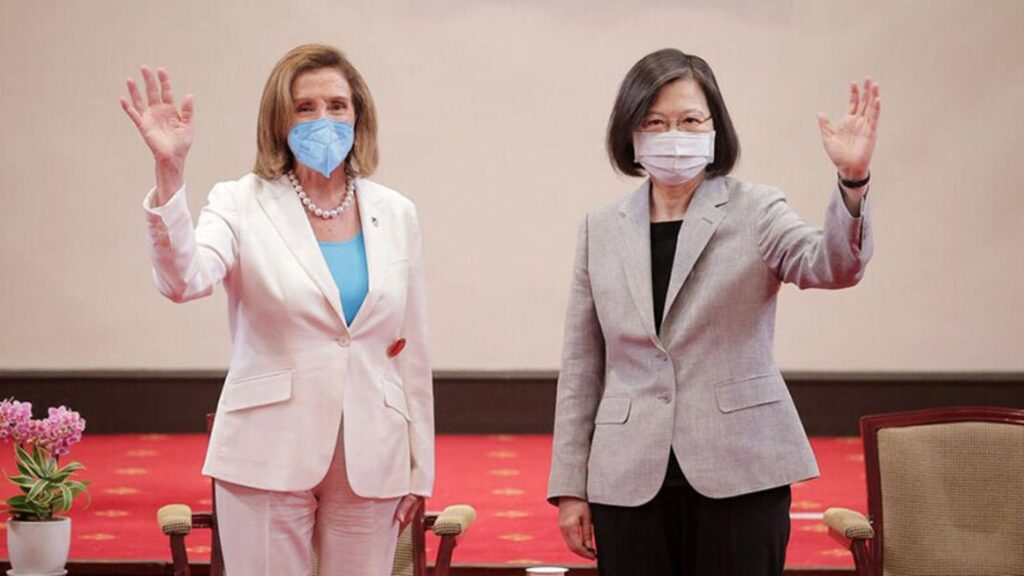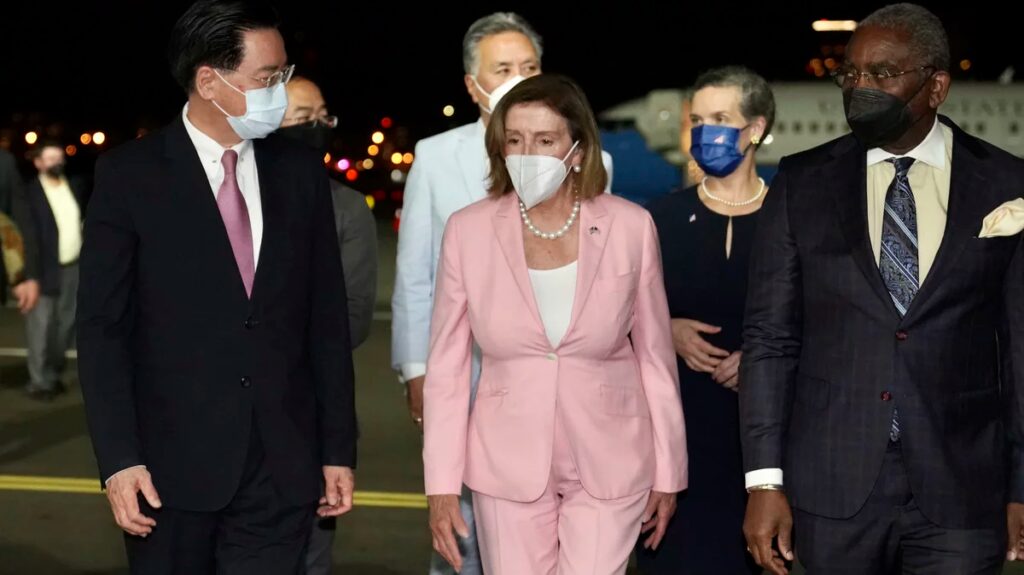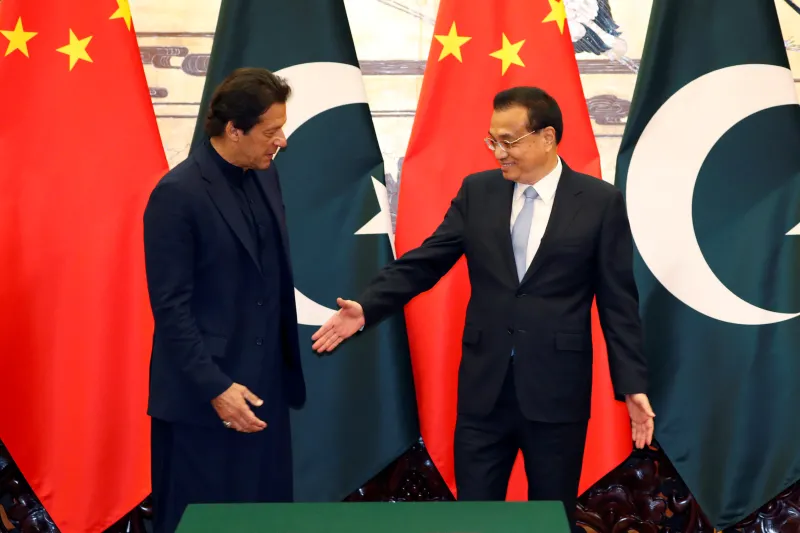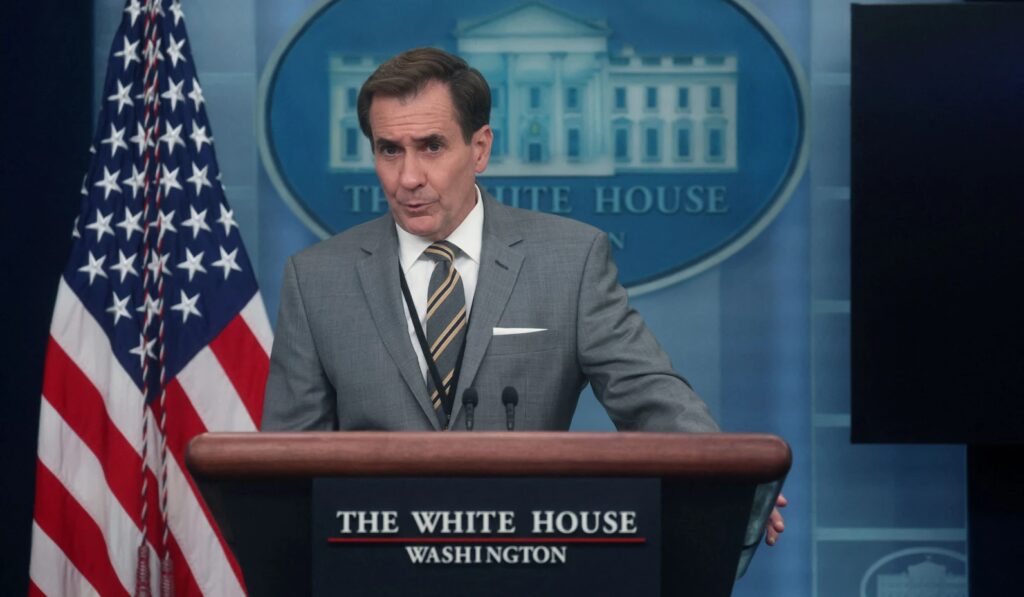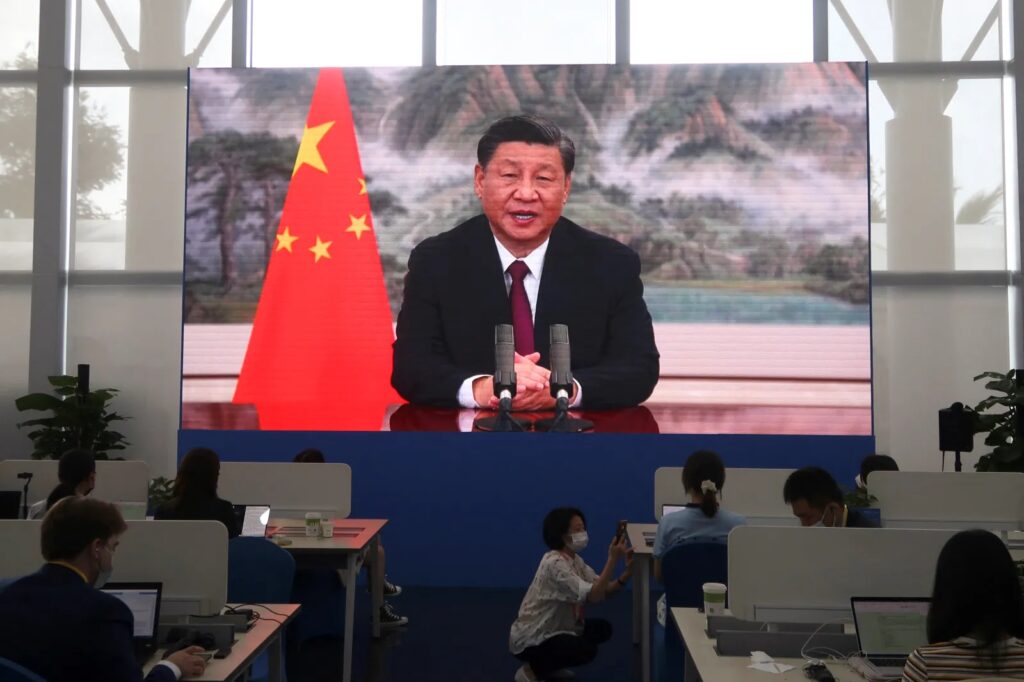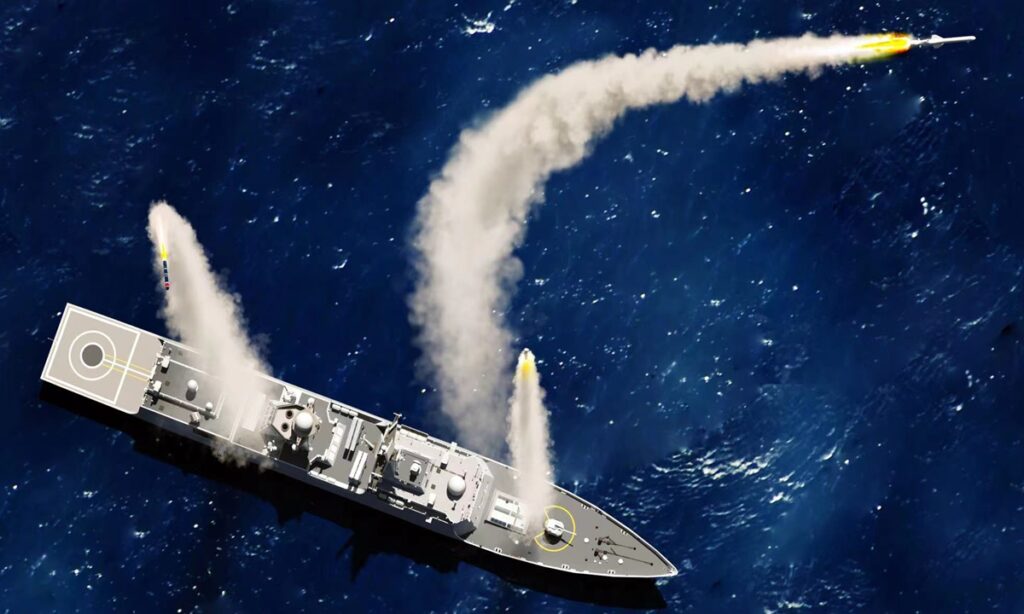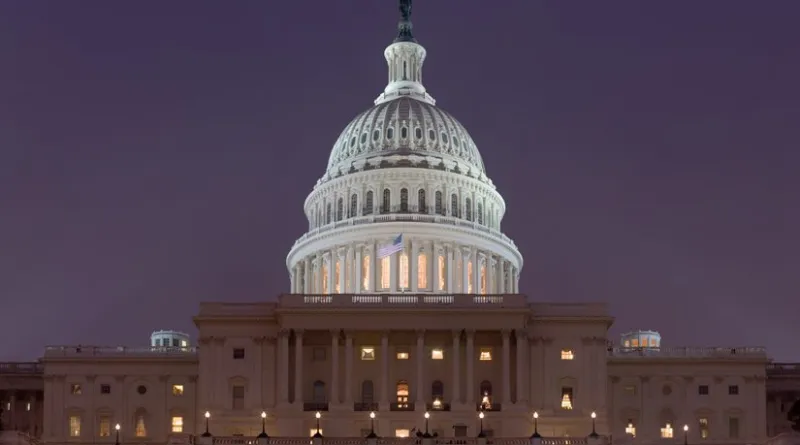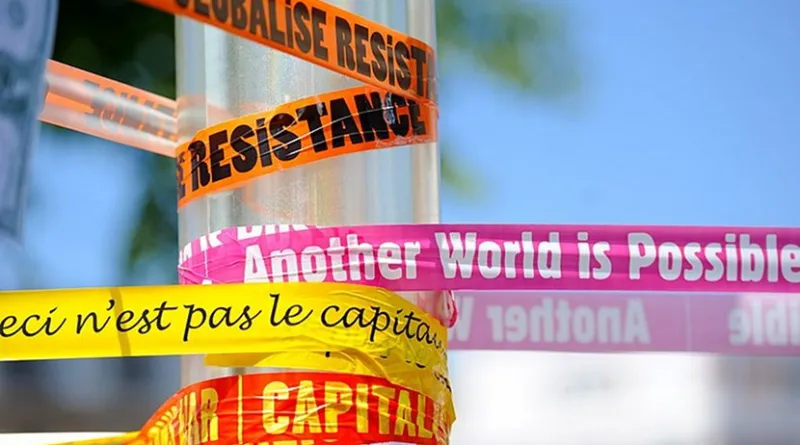Al-Qaeda having trouble recruiting new boss after Ayman al-Zawahiri assassination
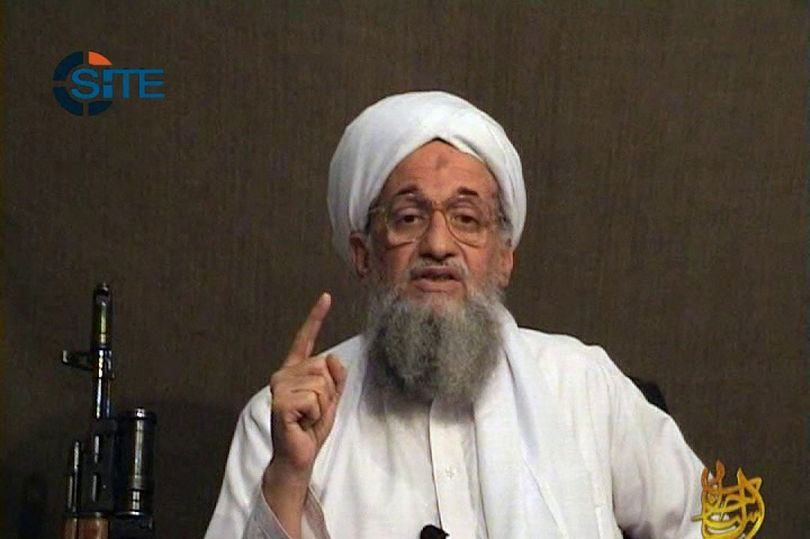
Several of Al-Qaeda’s senior leaders have been killed and following the death of Ayman al-Zawahiri, experts say there are only two likely candidates for the top job at the terror group
The dramatic assassination of Al-Qaeda chief Ayman al-Zawahiri in a US drone strike has left the global terror franchise with a serious recruitment problem.


